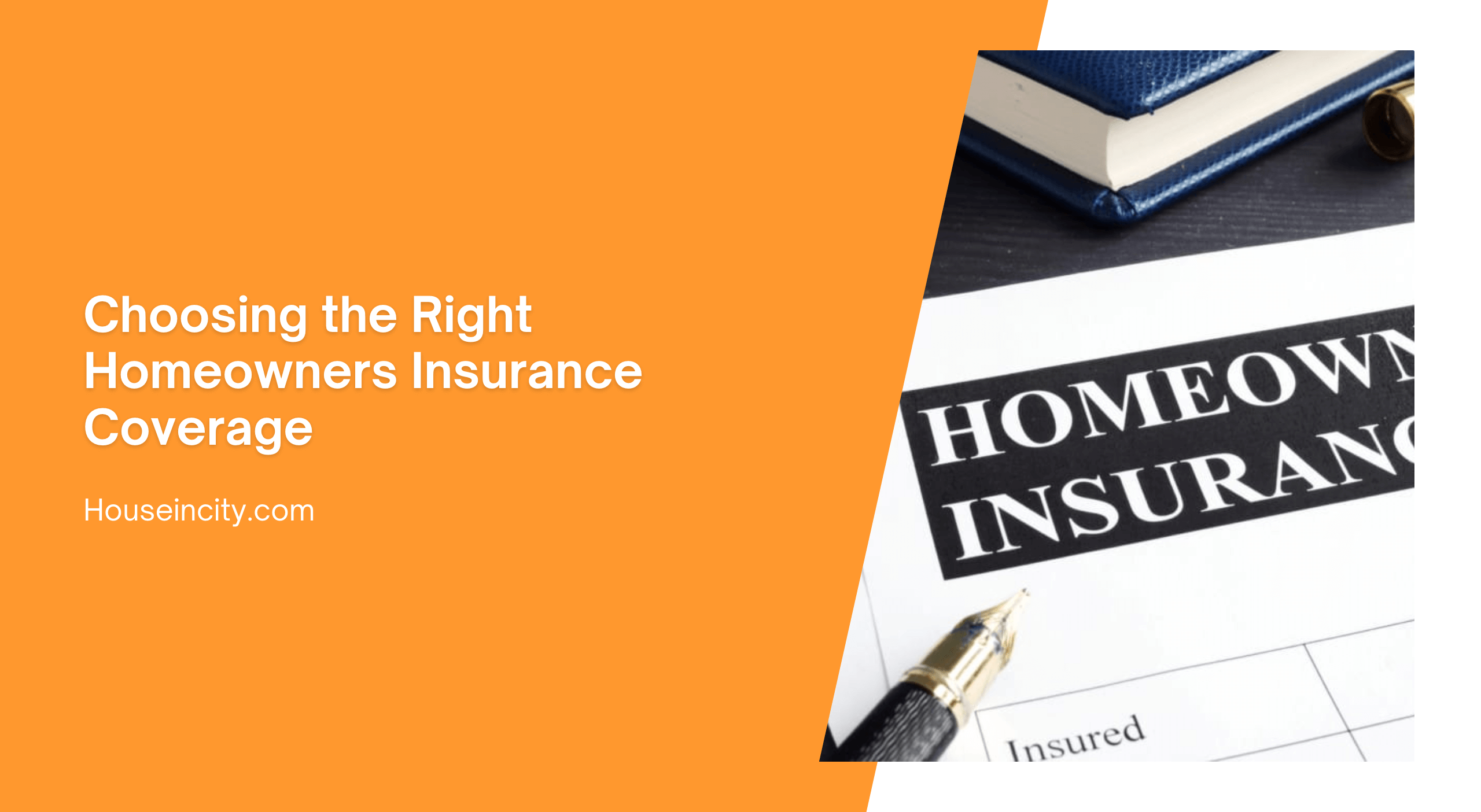Homeowners insurance is actually a type of insurance coverage in which the home along with its contents and other possessions of the policy holder are insured against any loss or damage specified in the policy. The losses against which homeowners insurance is available are usually due to fire, natural disasters, burglary, accidents, etc. Some policies cover the owner’s liability also. It must be clearly understood that homeowners insurance is not for the property itself but your interest in the property. The beneficiary under the policy has to have legal title over the property. So it becomes effective only after the transfer of ownership to the policy holder.
Homeowners insurance consists of two things, the home in which the owner has an interest and the contents of that home. Basically all policies cover the cost of the home but the type of coverage available for your personal property varies from policy to policy and from company to company. The insurance premiums also vary widely. You can also extend the coverage by adding an endorsement to the policy on payment of additional premium. All homeowners insurance policies are not created the same, there are different policies to suit different condition. The amount of premium you have to pay will vary according to the type of property and material and the type of risk you want to be covered.
Your lender will want you to take homeowners insurance policy before closing. You should shop for the policy rather than your lender, because the risk perceptions of both will be different. As the burden of paying the premium will be on you, you should have a final say in the type of homeowners policy you are purchasing. You will want to cover as much as possible at the least possible cost without sacrificing the risk coverage. You should do some comparison shopping of different policies offered by different companies and make a costs and benefits study.
Usually the cost of the home will be known to you but you should assess the value of your personal property you want covered. Then you have to add up the costs, category wise, to find out how much premium you will have to pay. Your final decision will depend on how much you can pay. You may not want to cover some items which are not very valuable to you and you can risk losing them. You should not jump at the cheapest offer without analyzing what and how much it covers and what are the policy condition relating to indemnity. Many Hurricane Katrina victims found out too late that they had very inadequate insurance or didn’t have the right type of insurance. Many people think that once they purchase a policy all risks and all their belongings are fully covered. This is not so and you should do your homework thoroughly before you finally decide to purchase a policy.
Insurance companies will charge premiums on a home depending on risk perceptions. Premiums will be high for areas where there is risk of flood, forest fires, tornadoes, hurricanes, etc. Similarly it will be high for high crime rate areas. It will also depend on whether there have been claims earlier on the property. You can help reduce the premium by taking some security measures. Find out from the agent what security measures you need to have in the home to reduce the premium. Usually installing things like a burglar alarm or smoke alarm will help reduce the risk perception.
You can shop for homeowners insurance online and make a comparison of the many offers available. You can even get quotes online and many companies also offers discounts online. If you already have a policy with one company then you can contact them and find out if they can offer you a discount. Many companies offer discounts to customers having multiple policies with them. Choose the policy wisely so that whenever there is a loss it doesn’t cause a major setback to your financial status. Although you should listen to other people’s advice the final decision should be yours.
